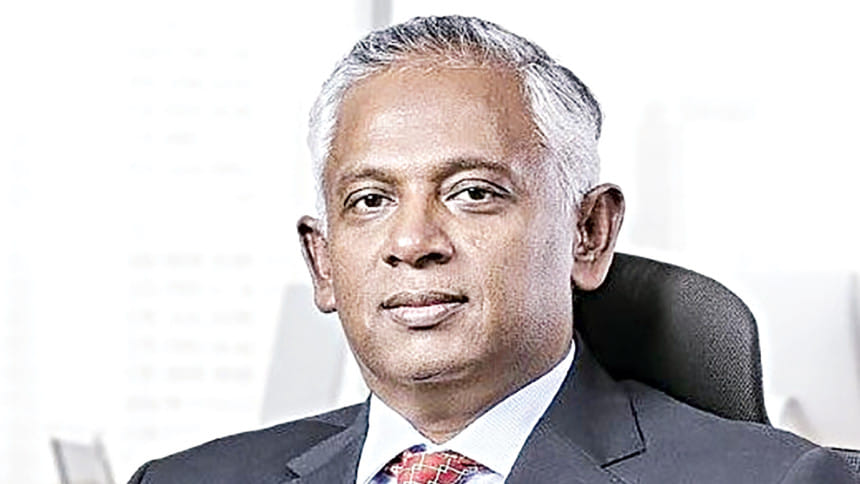Driving change: the knowing-doing gap

My journey to obesity started when I was introduced to the executive canteen of Unilever Bangladesh in Kalurghat, Chattogram, in 1993. My weight shot up by 15 kilogrammes within a span of six months despite my efforts to discipline myself.
I am not daring to fish for excuses but I do know some empathy are on my way from my obese brethren. It has been three decades since and I am still battling! All the bestsellers on weight loss, you name it, I have them all sitting proudly on my bookshelf! And, yes, I have read them all too and am a self-acclaimed expert on the subject! I know WHAT to do, I know HOW to do it, but I DON'T do it.
My visible commitments to losing weight are loud and clear. The solutions are also as clear: 1. Eat healthier food, 2. Exercise at least four times a week; and 3. Do not indulge in treats too often. To sum it up, it requires changing your lifestyle.
Despite knowing the exact formula of resolving obesity, what do we do instead? I eat out at restaurants with a firm resolve to stay within limits but end up eating too much. The internal voice whispers the excuse: "I am committed to being connected with friends and family". I eat food high in fat and spice and find solace when I hear the whisper to eat tasty food.
The root of my problem, of course, lies in the gap between knowing and doing. The subject has been studied for years as a concern, both within the workplace and our personal lives.
A few years back, the term gained further attention when Jeffrey Pfeffer and Robert Sutton published "The Knowing-Doing Gap: How Smart Companies Turn Knowledge into Action". Fortunately, I had the opportunity to get familiarised with the subject during my AMP (advanced management programme) classes at Harvard Business School in 2016.
It is common knowledge among corporate leaders that change is constant and that any organisation needs to cope with changes. Let's take the example of the pandemic that has accelerated the digital transformation in all aspects of our work and personal life. While on the one hand, some adapted to the new way of work, grappling with a new meaning of life, a flexible work environment and coping with symptoms of mental health problems, on the other hand, there are many who became too lazy to act proactively.
Corporate leaders and executives usually know the problems of the organisation and they also know how to resolve them. But in most cases, they don't act on resolving them. Therefore, such organisations fail to reach their full potentials, if not remain in the same position.
Various research and surveys have been carried out globally about the Knowing-Doing Gap and it has been proven right repeatedly.
Even I had carried out a survey on the subject among my Facebook and LinkedIn followers. And the first question I asked was: Do you know the problem in your organisation? Ninety-three per cent responded, saying, 'yes'.
The next question was: Do you know how to resolve it? Some 69 per cent said 'yes', 26 per cent said 'may be' and the remainder said 'no'.
The third question was: How successful is your organisation in solving the problem (on a five-point scale where 1 being very successful and 5 being very unsuccessful)? The response was a "Neutral" 44 per cent, "Very Successful to Successful" 37 per cent and "Unsuccessful" 19 per cent.
When asked about the reasons for such deviation, the respondent cited various reasons, including top-down decision-making approach, comfort zone, team alignment, knowledge sharing culture and laziness.
It's evident from the above that if all of us successfully convert our knowledge and available information into result-oriented action, the performance of the organisation as well as our own productivity may reach a level that may have a significant impact on the country's GDP.
Knowing-Doing gap is a common phenomenon across the world. If we really want to take a lead at the global stage with our limited resources, it is important to bridge the gap between knowing and doing at all levels from politics, the government sector, the private sector down to the individual level.
I believe this single cultural transformation may lead to the emergence of a "Shonar Bangladesh".
The author is a telecom and management expert.

 For all latest news, follow The Daily Star's Google News channel.
For all latest news, follow The Daily Star's Google News channel. 



Comments